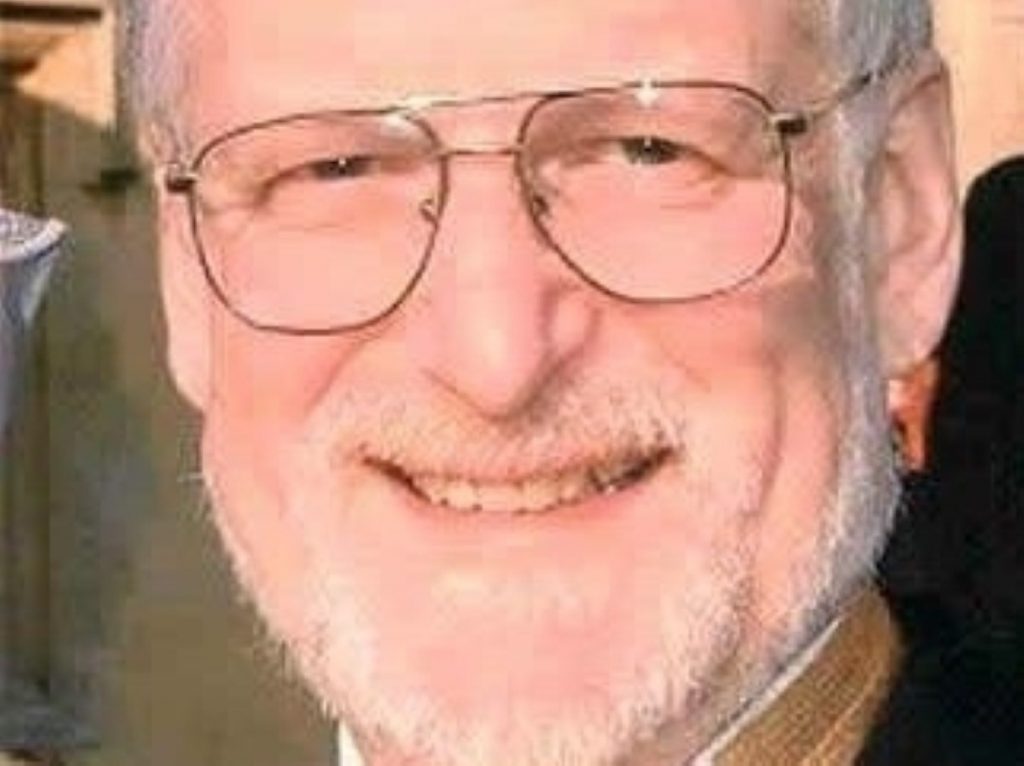David Kelly inquest ruled out
By Alex StevensonFollow @alex__stevenson
A further inquest will not be held into the death of weapons inspector David Kelly, the attorney-general has announced.
Dominic Grieve told MPs that he had "no reasonable basis" for making an application for an inquest to the high court because "there is no possibility that at an inquest a verdict other than suicide would be returned".
He said he had made the decision on his own and had not received representations from anyone – including the prime minister.


The news will disappoint campaigners and conspiracy theorists, who had raised questions about whether Dr Kelly really took his own life.
"Having given all the material that's been sent to me the most careful consideration, I've concluded that the evidence that Dr Kelly took his own life is overwhelmingly strong," he said.
"There is nothing I've seen that supports any allegation that Dr Kelly was murdered or that his death was any kind of conspiracy or cover-up."
Speculation has centred on whether Dr Kelly really killed himself after it emerged he was the source of a report claiming Iraq could fire weapons of mass destruction in just 45 minutes.
Last August a group of senior medical experts demanded a fresh inquest to settle doubts about Dr Kelly's death. He was found in woods close to his Oxfordshire home in 2003.
Mr Grieve attacked the doctors' credibility, pointing out they were "not qualified forensic pathologists".
Lord Hutton's inquiry had concluded the case was one of suicide. That was backed up by the publication last October of the initial post-mortem report, which contradicted suggestions there was little blood visible where his body was recovered.
The post-mortem described "a pool of blood in an area running from the left arm of the deceased for a total distance in the order of two to three feet".
The toxicology report stated that Dr Kelly had taken a large number of painkillers. A bloodstained waterbottle was found next to his body.
But doctors including Sir Barry Jackson, former president of the British Academy of Forensic Science, Julian Bion, a professor of intensive care medicine and ex-coroner Michael Powers concluded Dr Kelly's death by haemorrhage was "extremely unlikely".
"Insufficient blood would have been lost to threaten life," they claimed.
"Absent a quantitative assessment of the blood lost and of the blood remaining in the great vessels, the conclusion that death occurred as a consequence of haemorrhage is unsafe."
Shadow solicitor-general Catherine McKinnell commended the "transparent" way in which the attorney-general had handled the issue.
"The attorney-general's findings corroborate those of Lord Hutton, who concluded… that he was satisfied that Dr Kelly took his own life," she said.
"The opposition accepts the attorney-general's decision on the basis that he has very carefully and clearly outlined his reasons… due to the lack of new compelling evidence that Dr Kelly did not commit suicide."
Lord chancellor Charles Falconer had suspended the inquest into Dr Kelly's death when the Hutton inquiry began its work. It was never resumed and, following Mr Grieve's announcement today, never will be.









